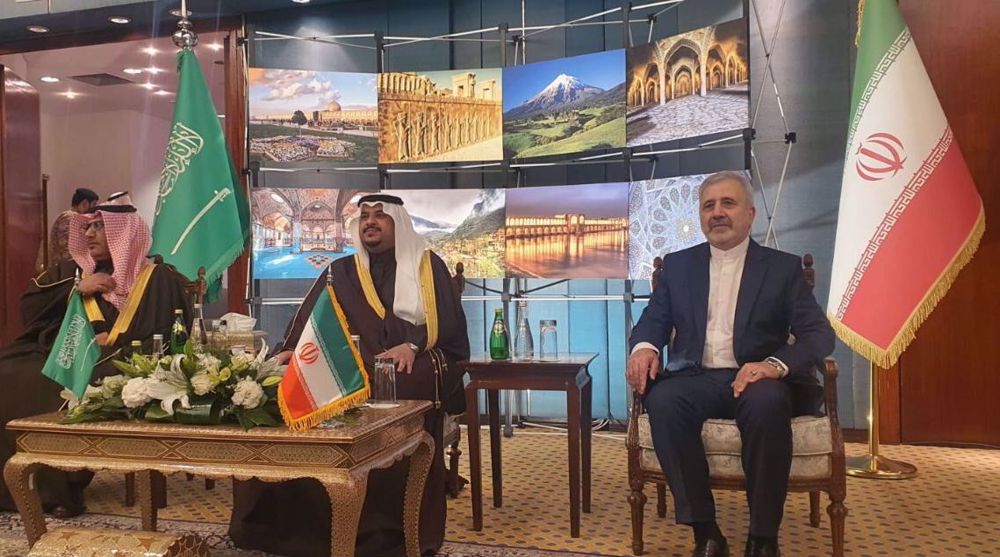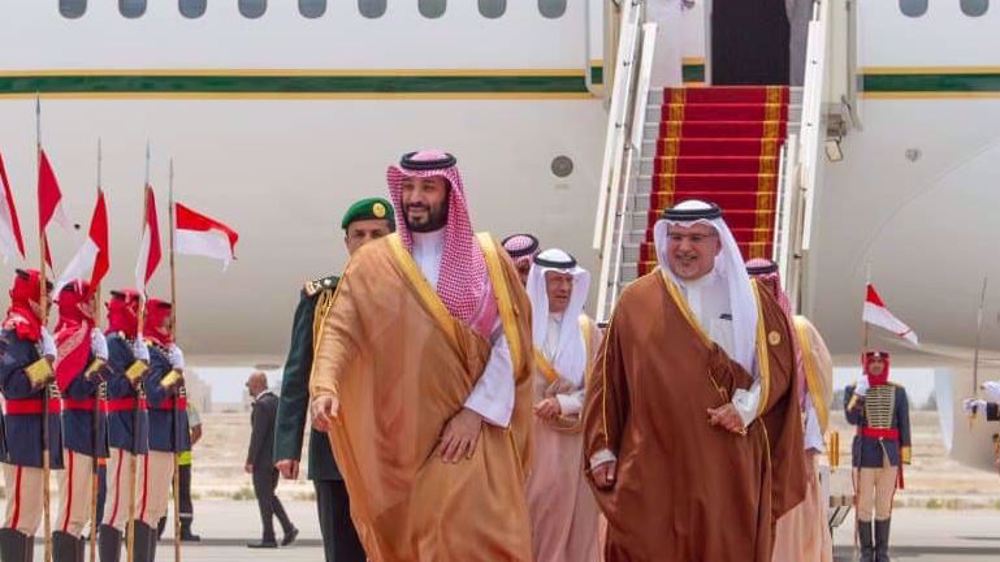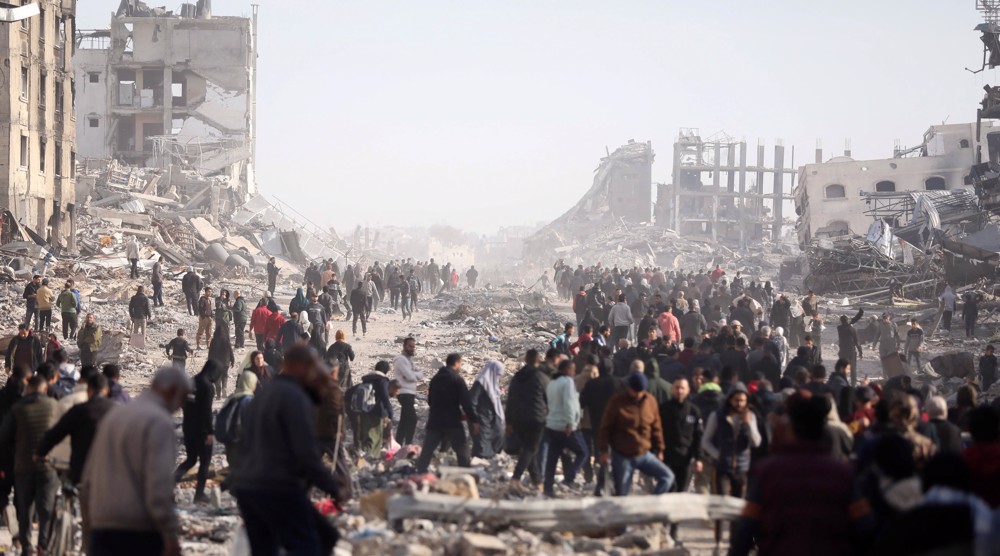Amnesty slams Saudi Arabia for 'outrageous' mistreatment of jailed rights activist
Amnesty International has condemned as “outrageous” the continued detention of prominent Saudi human rights lawyer Waleed Abu al-Khair and his ill-treatment, as a crackdown led by Crown Prince Mohammed bin Salman against Muslim preachers, members of the press and intellectuals widens in the conservative oil-rich kingdom.
The London-based organization said in a statement that it had received credible reports that authorities at Dhahban Central Prison near the Red Sea port city of Jeddah had in late November "arbitrarily" placed Abu al-Khair in solitary confinement under tightened security.
He has been on hunger strike since November 29 in a show of protest against his ill-treatment.
ندعو السلطات #السعودية إلى ضمان توفير الحماية لــ #وليد_أبو_الخير من التعذيب أو غيره من ضروب المعاملة السيئة، وأن تسمح له بالاتصال بمحاميه وعائلته، وتلقي الرعاية الطبية التي قد يحتاج إليها، دون تأخير. https://t.co/XmHI4xw86S https://t.co/vO6TGXDrCY
— منظمة العفو الدولية (@AmnestyAR) December 6, 2019
“The fact that Waleed Abu al-Khair is in prison to begin with, let alone serving a 15-year prison sentence, is outrageous,” said Amnesty International's Middle East Research Director Lynn Maalouf.
She added, “He was imprisoned under bogus terrorism-related charges simply for exercising his rights to freedom of expression and defending human rights. He is one amongst scores of Saudi women and men being punished for standing up for their fellow citizens’ rights.”
Amnesty International then called on Saudi authorities to protect Abu al-Khair from torture and allow him to contact his family and lawyer, and receive medical care.
“We continue to call for the immediate and unconditional release of Waleed Abu al-Khair and all other prisoners of conscience currently behind bars in Saudi prisons,” the statement pointed out.
In July 2014, Saudi Arabia's Specialized Criminal Court convicted Abu al-Khair for his comments to media outlets and tweets criticizing Saudi Arabia’s human rights record, and sentenced him to 15 years in prison.
The court also issued a 15-year travel ban on him and ordered a fine of 200,000 Saudi riyals (US$53,000).
Saudi Arabia has stepped up politically-motivated arrests, prosecution and conviction of peaceful dissident writers and human rights campaigners.
Over the past years, Riyadh has also redefined its anti-terrorism laws to target activism.
In January 2016, Saudi authorities executed Shia cleric Sheikh Nimr Baqir al-Nimr, who was an outspoken critic of the Riyadh regime. Nimr had been arrested in Qatif, Eastern Province, in 2012.
‘Day Without Immigrants’, response to US immigration crackdown
Israeli strikes hit Syria’s air defense battalion near Tartus port city
Iran deputy FM meets with Qatari officials in Doha to discuss cooperation
VIDEO | Israeli forces kill Palestinian during Jenin raid as UN ‘alarmed’ by West Bank onslaught
Israel launches ‘deepest invasion yet’ into Syria’s territory: Reports
VIDEO | Second 'Day without Immigrants' in US: A stand against deportations
VIDEO | Press TV's news headlines
British TV industry calls on MPs to press BBC execs over Gaza documentary removal




















 This makes it easy to access the Press TV website
This makes it easy to access the Press TV website